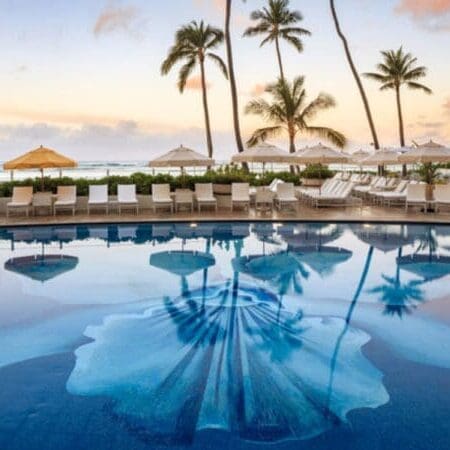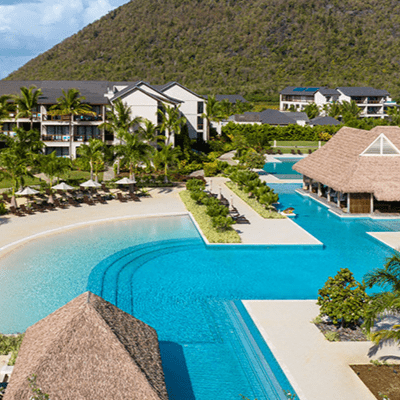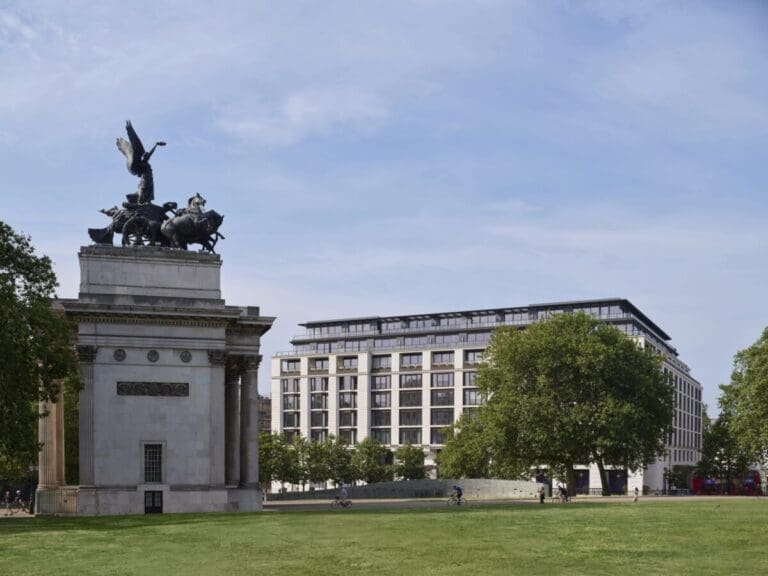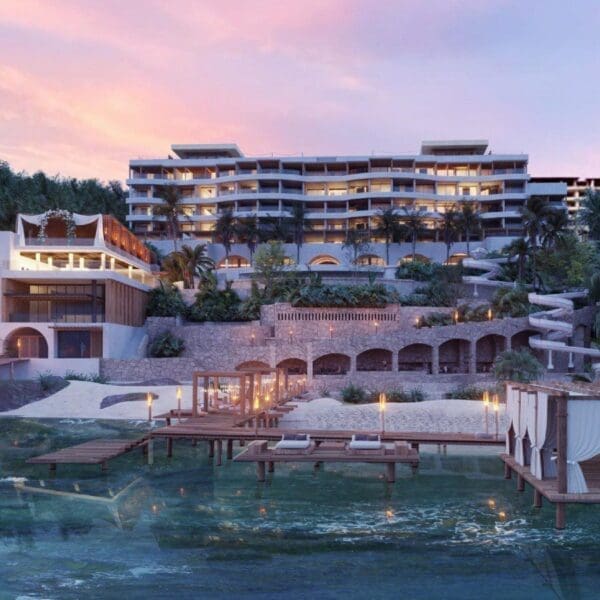 We used to think of luxury hotels as those lavish palaces with crystal chandeliers, marble, waiters wearing white gloves, serving caviar on mother of pearl spoons, and champagne in crystal flutes. Luxury accommodation was expensive, ostentatious, and elitist. We search for the term “luxury accommodation” today and Google comes back with 1,670,000,000 results. Among these, holiday rentals, Airbnb, six stars resorts, serviced apartments, holiday shacks, international hotel chains, small boutique hotels, even dog hotels. Luxury seems to have become more of a buzzword than a defining characteristic. This has created unrealistic expectations in guests and reduced the effectiveness of advertising material.
We used to think of luxury hotels as those lavish palaces with crystal chandeliers, marble, waiters wearing white gloves, serving caviar on mother of pearl spoons, and champagne in crystal flutes. Luxury accommodation was expensive, ostentatious, and elitist. We search for the term “luxury accommodation” today and Google comes back with 1,670,000,000 results. Among these, holiday rentals, Airbnb, six stars resorts, serviced apartments, holiday shacks, international hotel chains, small boutique hotels, even dog hotels. Luxury seems to have become more of a buzzword than a defining characteristic. This has created unrealistic expectations in guests and reduced the effectiveness of advertising material.
In certain societies, today’s hotel guests have more time and discretionary income than before to spend on travel and leisure activities. Time and money, which Weaver and Lawton (2014) refer to as “push factors”, have driven the growth of luxury accommodation consumption in recent years. In Australia alone the 2020 IBIS World Luxury Accommodation report has estimated that luxury accommodation accounts for 36.4% of the total hospitality product, producing more than 50% of the overall hospitality product revenue.
Equally, staying at a luxury hotel or resort has become progressively more affordable, accessible to a wider segment of the market, and, therefore, less exclusive than what it used to be in the past. The concept of luxury has, therefore, been diluted from his original meaning in the mind of both hotel guests and operators.
The misperception around the idea of luxury accommodation is also to be attributed to some wide-spread industry practices. The growing inclusion of additional “luxury” services to existing lower grade hotels has contributed to heightening market confusion. Additionally, operators often use “luxury” simply as a catching word in their marketing strategies, promising “luxury” in every situation. The word “luxury” is being overused and misconstrued.
Star rating systems, industry guides (e.g. Forbes, AAA, LHW, Qualmark), governmental regulatory bodies have attempted to provide definitions and guidelines to clear the confusion. Needless to say that these, often skewed, definitions have often largely focused on the tangible characteristics of luxury accommodation, and only increasingly blurred the lines. This is not only because these systems are not universally accepted, which has highly affected guests’ expectations and their experiences, but also because they do not take into account the individual and ever-changing nature of luxury.
As it turns out, defining luxury accommodation is not that simple. If we ask one hundred people what is luxury accommodation to them, we will end up with one hundred different definitions. The main reason for this is that luxury is a personal and fluid concept. What one person perceives to be luxury another person might find ordinary. For some, luxury is represented in the caviar and champagne experience. For others, luxury is being able to simply disconnect from their beeping phones for a day.
Luxury is also an evolving concept. What was once considered luxury, an elitist, exclusive, and expensive consumption display, has now changed. Luxury these days, thank to baby boomers and millennials, is more often associated with experiences, sustainability, and authenticity. Here lies the success of Airbnb which has majorly affected the broader hospitality industry because guests believe it provides more “authentic” experiences. Luxury in the future might look very different from the past, where a luxury hotel experience might not be necessarily expensive or lavish, but instead authentic, unique, ethical, and sustainable.
As the meaning of luxury continuously evolves, agreement on what is luxury accommodation may never be reached. There is, however, a light at the end of the tunnel. Gradually now, efforts are moving away from trying to define luxury accommodation. Instead, more attention is being devoted to understanding what a luxury accommodation experience is and how this can be created taking into account the personal and ever-changing nature of luxury.
It is time the luxury accommodation industry desists from using the word “luxury”. The focus should be, instead, on shifting from the word to the meaning, from the “promise of luxury” to create chances for hotel guests to experience luxury. As we have established luxury to be a personal value, the only way for hotel guests to truly experience luxury accommodation is for hoteliers to move from mass-production and consistency to the craftsmanship of mass-personalisation. And if you want to know what a luxury hotel is, ask hotel guests. Who better to ask to if not the people that experience it first-hand? Ultimately, their definition of luxury accommodation is the only one that matters.
About the author
Anita Manfreda, Learning Faciliatory, Subject Coordinator and PhD Candidate (BMIHMS)
































